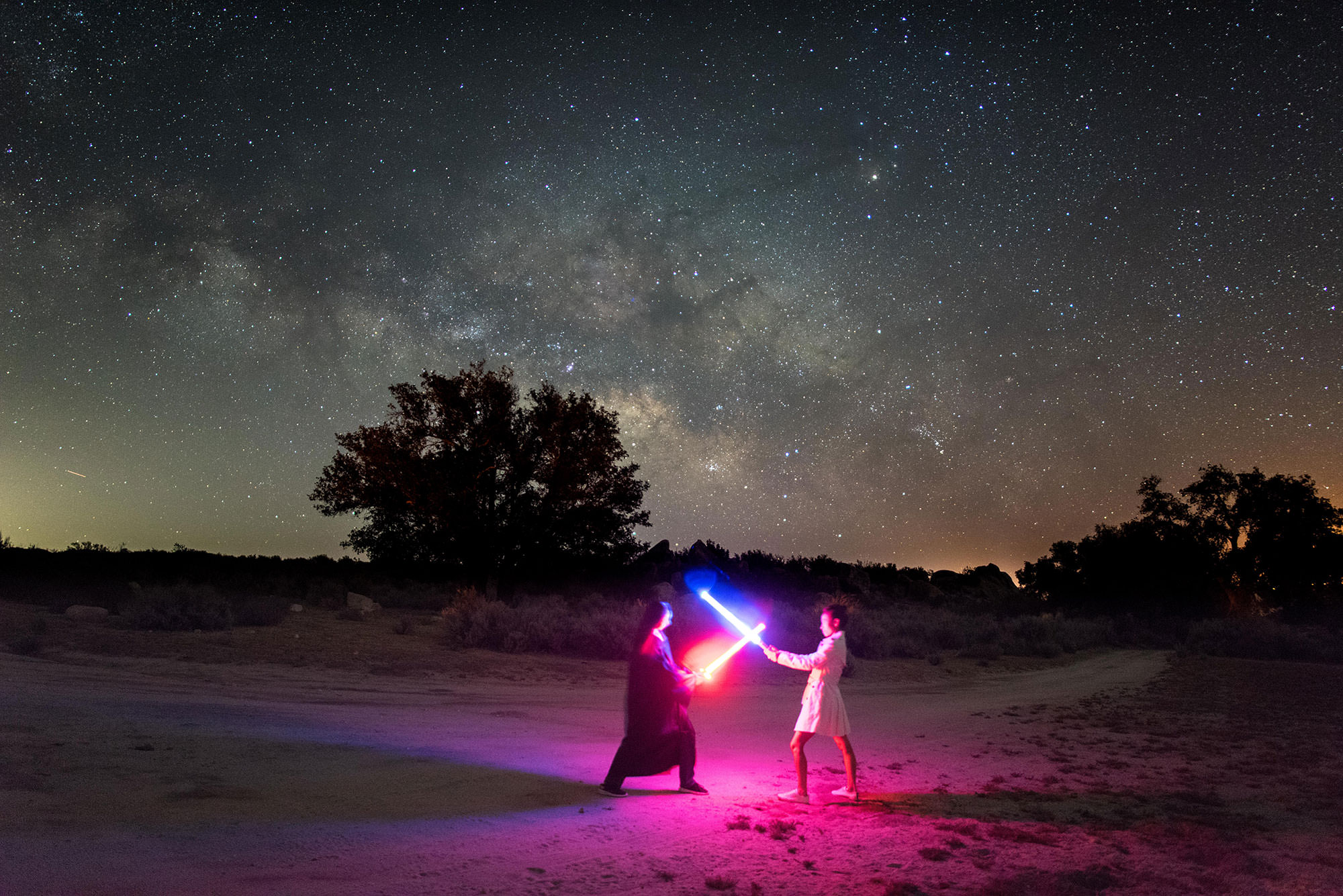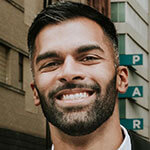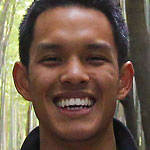
Out of all the characters in the Star Wars universe, Darth Vader was the most complex figure for me to behold. I was a child with frequent asthma attacks, and I unexpectedly resonated with him because his weakness was also his strength. He was completely reliant on his breathing apparatus to survive, yet the raspy sound of his breathing became a portent of doom, inspiring unequivocal fear among his subordinates and enemies alike. When Vader’s mask was removed, the image of his ghostly, scarred face was seared into my memory as a child.
Upon rewatching the scene, I was taken aback not by the pain, but the peace in his face and the love in his eyes for his son. It was in that moment when I realized that the perfect villain could become a hero, revealing greater depth to the film’s title “A New Hope”.
Powerful reversals of light defeating darkness such as these have made Star Wars into an international franchise, a sleeper success no one could’ve foreseen, influencing not only cinema but also global culture. No pop culture franchise might be so synonymous with the level of devotion seen among its fan base, creating a demand for a myriad of prequels and sequels. Business is booming for Disney as the prominent purveyor of nostalgia.

Only a few years later, my dad and I were once again watching Star Wars, albeit the new prequel trilogy. I watched the man behind the mask journey from an estranged child, to an angsty teenager, and finally become a manipulated young adult who allowed his pain to consume him. But more importantly, it showed how each of us, by taking small steps toward a gaping chasm, can become what we fear the most over time, and the same character — Anakin Skywalker who would become Darth Vader — taught me how easily heroes can become villains. Yet despite seeing familiar characters and worlds that had once changed me, I left the theater indifferent.
With the seeming never-ending expansion of the franchise, it feels that we have lost our ability to not only tell new stories but to understand why our past stories resonate with us at all. We loudly state that we are never served anything new while greedily accepting yesterday’s leftovers in the same breath.
When we cling onto the suppressed joy or pain of the past, it is because we are afraid of the vulnerability to hope again. Fans may think nothing can be better than the original Star Wars, but maybe we accept old stories over and over again because it is harder to believe that the unknown can be better than what we have already experienced.
Two years ago, I wrote in this same magazine about my struggle with chronic pain and my inability to articulate its ramifications to anyone. While the piece accurately reflected my emotions at the time, I was trapped in my past. Every sleepless night and hour of searing pain left me dwelling on my actions and experiences unendingly. I dissected each moment trying to find where everything went wrong. What had I done to deserve this? Was I a punished villain at the hands of a just God or a victim in the hands of an unloving God?
I didn’t want to be a victim, despite wanting others to understand me; I didn’t want people’s pity. But I couldn’t accept being the villain either. Being the villain meant that I had to come to terms with my shame and take responsibility for my actions unrelated to my pain.
For many years, I’ve clung onto the idea that pain has made me selfish over time. When I recently ruptured my Achilles tendon, old demons of blame resurfaced in my isolation. This injury only highlighted my chicken or egg conundrum: Was my innate selfishness being paid for with my pain or was it this same pain that made me selfish?
Persevering through pain is vital in a broken world. It leads us to see some of the most triumphant parts of humanity in this struggle of the soul. But at my core, I hated God for allowing me to be in pain while believing that His goodness was deficient to sustain me through it. I had elevated my pain in my mind to the point where it consumed me.

It’s not villainous to be cared for or to take care of our own pain; attempts to heal help us take care of others better. But using our pain to justify a worldview without God is only an attempt to become God. I had to let go of the idea that God was punishing me for my actions and believe that Jesus had the final say about who I am. My pain could not buy my freedom. The hope that I longed for in Jesus could not possibly thrive because I was trying to find that same hope in me, thereby becoming my own worst enemy.
Understanding my role as a villain helped me understand how I can hurt God and others for my own gain. It’s easy to look back at a time before seasons of pain and yearn to experience that freedom anew. It’s even easier to remember my first years as a follower of Jesus and all the thrills that immediately followed. It’s not as blissful to see how many times I failed, stumbled, and alienated those around me then and in the years since.
Yet fighting for hope means telling yourself and others a new story each day — that we are no longer villains, but divine children who are completely loved. It is in those moments when we realize that a perfect hero became a villain for us that we can remember we are free.

